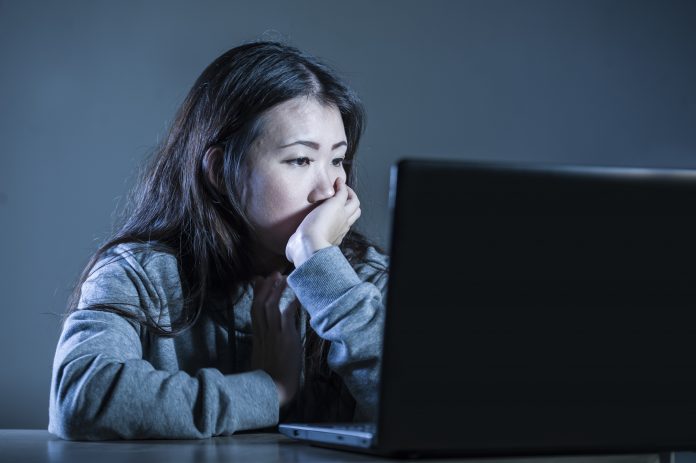Researchers found that work stress and burnout can result in an increasingly desperate cycle, especially with a global pandemic increasing economic pressures
“The most important burnout symptom is the feeling of total exhaustion – to the extent that it cannot be remedied by normal recovery phases of an evening, a weekend, or even a vacation,” said Professor Christian Dormann of Johannes Gutenberg University Mainz (JGU).
“To protect themselves from further exhaustion, some try to build a psychological distance to their work, that is, they alienate themselves from their work as well as the people associated with it and become more cynical,” added Dr. Christina Guthier. She conducted the study as part of her doctoral thesis in Dormann’s research group and was awarded with the dissertation prize of the Alfred Teves Foundation in 2020.
Professor Christian Dormann and Professor Manuel Völkle of Humboldt-Universität zu Berlin, Christina Guthier evaluated 48 longitudinal studies of burnout and work stress comprising 26,319 participants. The average age in the initial survey was about 42 years, 44 percent of the respondents were men. The longitudinal studies from 1986 to 2019 came from various countries, including predominantly European countries as well as Israel, the USA, Canada, Mexico, South Africa, Australia, China, and Taiwan.
What to do when approaching burnout?
According to the research team, employees suffering from burnout should be given adequate support to break the vicious circle between work stress and burnout. What that support looks like is highly dependent on what the organisation is able to provide, but mental health support is a key element.
The symptoms of burnout include exhaustion, cynicism, and reduced performance.
During ongoing levels of lockdown, working from home has become the common experience for those who can do their work remotely. This leads to a lack of separation, no homeward commute on which to empty the mind, or any physical differences between the space in which you relax versus work. On average, workers have been working longer hours than they did without remote working. The impact can be slow to manifest, but constantly being in a work mentality can take a significant toll on mental health.
The effect of burnout on perceived work stress can be somewhat mitigated if employees have more control over their own work and receive support from colleagues or superiors.
The downward spiral
“Burnout can be triggered by a work situation, but that is not always the case,” Dormann pointed out. Once burnout begins, it develops only very gradually, building up slowly over time. Ultimately it leads to work being increasingly perceived as stressful: The amount of work is too much, time is too short, and work stress is too great.
“When exhausted, the ability to cope with stress usually decreases. As a result, even smaller tasks can be perceived as significantly more strenuous,” explained Guthier, the first author of the article. “We expected an effect of burnout on work stress; the strength of the effect was very surprising,” she noted.











